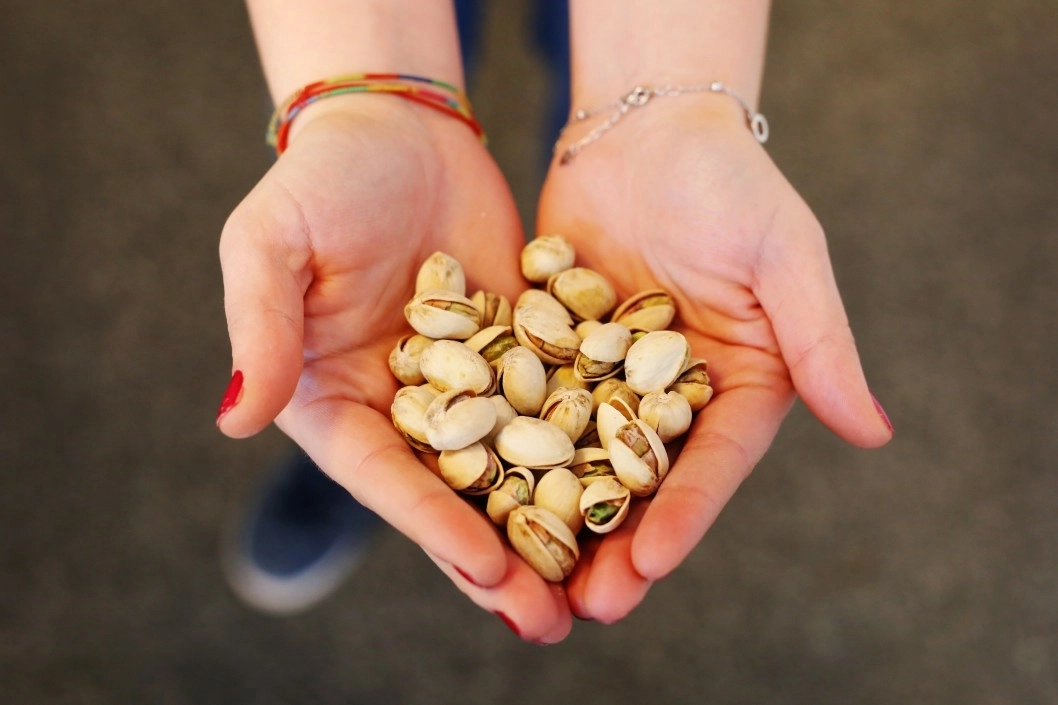Table of contentIn this article
My favorite uncle was struck down with a massive heart attack and died at age 46. He loved steaks, was overweight, got no real exercise, smoked and had a high-stress desk job. For a long time, it was believed that cholesterol was one of the main culprits in my uncle’s early death. But newer research has shown that cholesterol levels don’t explain everything about heart attack and stroke risk.
There is a good and bad side to cholesterol. It has two important “yin-yang” components: HDL (High Density Lipoprotein) and LDL (Low Density Lipoprotein).
HDL is “happy” cholesterol that softens our arteries and reduces strokes and heart attacks. LDL is the “lousy” cholesterol that does the opposite! HDL can be raised with weekly exercise, stopping smoking, eating fatty fish (salmon, tuna, Sardines, sea bass, tilapia or pollock) and red wine. Lowering carbohydrates in your diet (avoiding potatoes, rice, bread and noodles) and increasing avocado, walnuts or almonds also raises HDL.
The Institute of Medicine recommends individuals should eat as little dietary cholesterol as possible while consuming a healthy eating pattern. In general, foods that are higher in dietary cholesterol — such as fatty meats and high-fat dairy products — are also higher in saturated fats.
Dairy products
- Fat-free and low-fat (1%) dairy foods provide the same nutrients but less fat (and thus, fewer calories) than higher fat options, such as 2% and whole milk.
- In comparison to cheese, fat-free or low-fat milk, yogurt and kefir contain less saturated fats and sodium. They also contain more potassium, vitamin A and vitamin D.
- If you’re unable to consume dairy products, fortified soy beverages (soy milk, etc.) is a good choice.
- What about popular nut milks like almond and cashew? They don’t contain the protein content of dairy or soy, so they don’t stack up as nutritionally equal.
Protein foods
- Eat more fish, skinless poultry and vegetable protein.
- Red meat — which generally is high in saturated fat and cholesterol — should be limited.
- Red meat processed into sausages and cold cuts is known to be associated with an increased risk of colon cancer and possibly other diseases.
Bottom line
A healthy lifestyle balances healthy fats, limits saturated fats and includes regular movement exercise. In addition, keep your weight down, don’t smoke and reduce stress. This is the best medicine.



